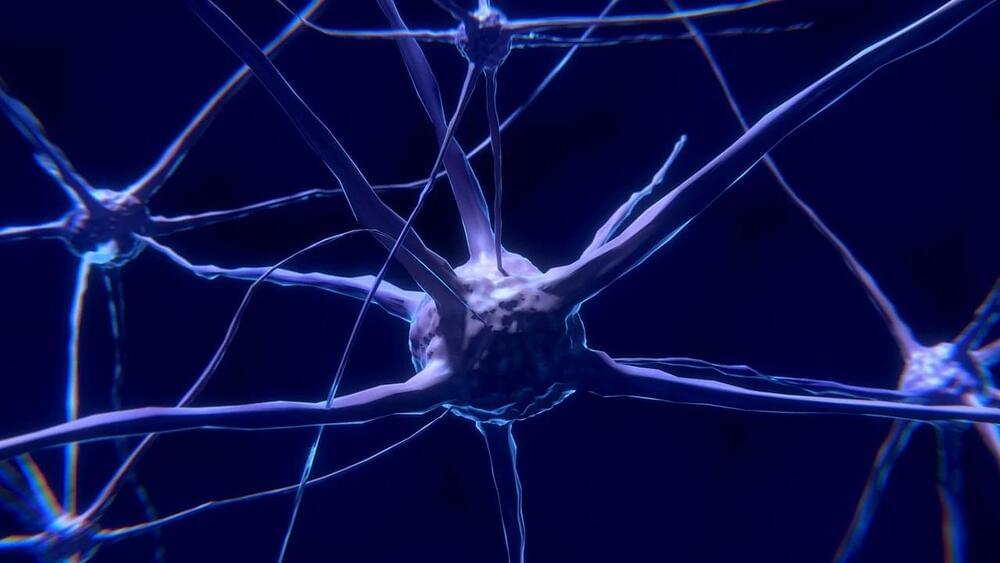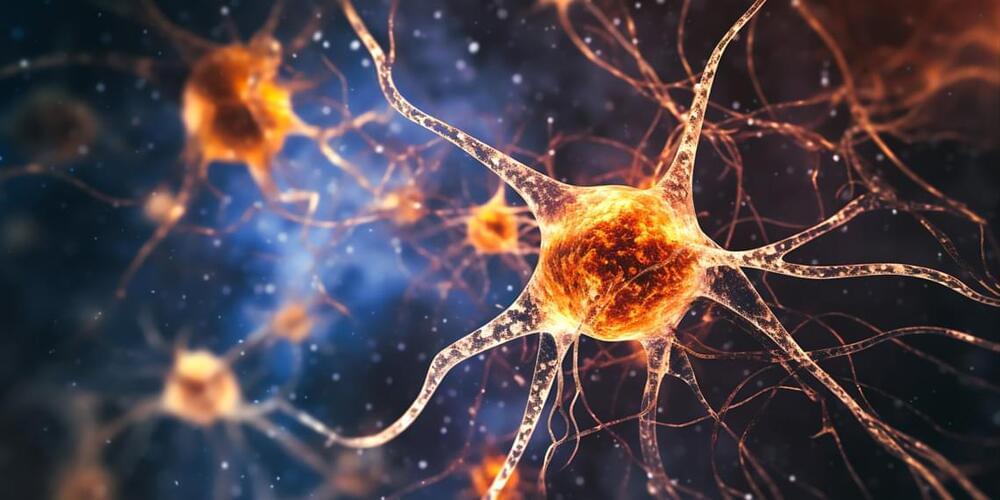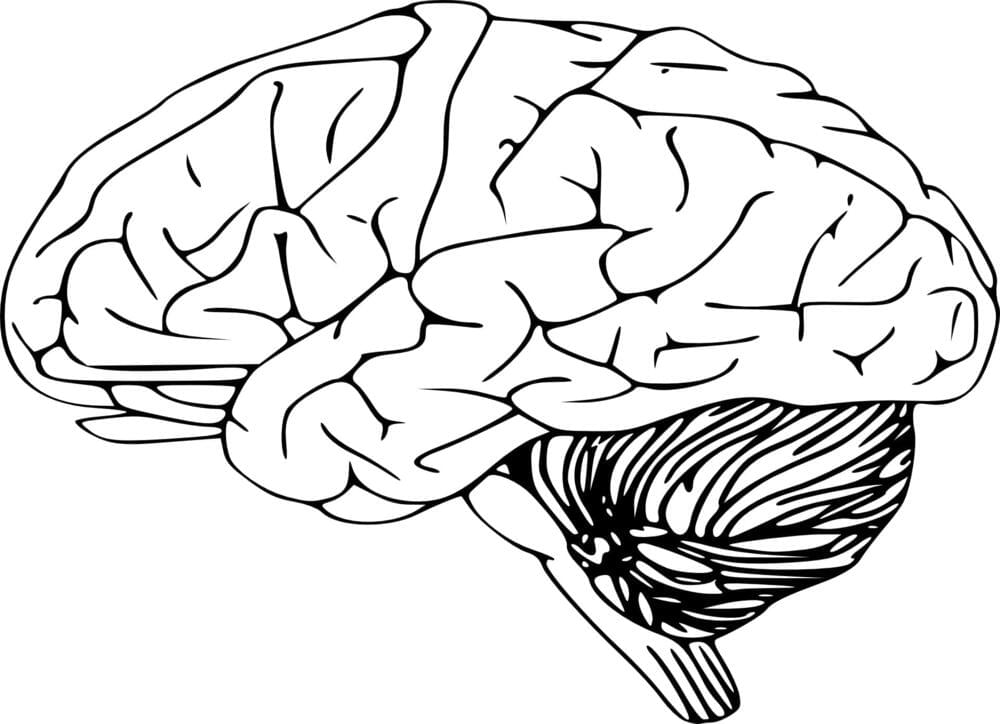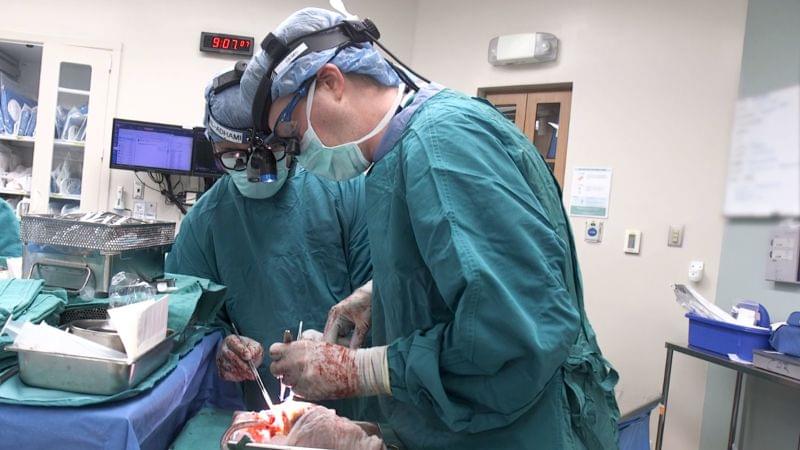Why does all of this matter? The unfortunate truth is that each of us will experience plenty of mental pain, misery, and frustration in our lifetimes. Mistaking the voice in our head for a thing and labeling it “me” brings us into conflict with the neuropsychological evidence that shows there is no such thing. This mistake — this illusory sense of self — is the primary cause of our mental suffering. When you can’t sleep at night, is it because you are worried about a stranger’s problems, or is it your problems that keep you up? For most of us, we worry about my work problems, my money problems, and my relationship problems. What would happen if we removed the “self” from these problems?
I am distinguishing mental suffering from physical pain. Pain occurs in the body and is a physical reaction—like when you stub your toe or break an arm. The suffering I speak of occurs in the mind only and describes things such as worry, anger, anxiety, regret, jealousy, shame, and a host of other negative mental states. I know it’s a big claim to say that all these kinds of suffering are the result of a fictitious sense of self. For now, the essence of this idea is captured brilliantly by Taoist philosopher and author Wei Wu Wei when he writes, “Why are you unhappy? Because 99.9 percent of everything you think, and of everything you do, is for yourself — and there isn’t one.”







